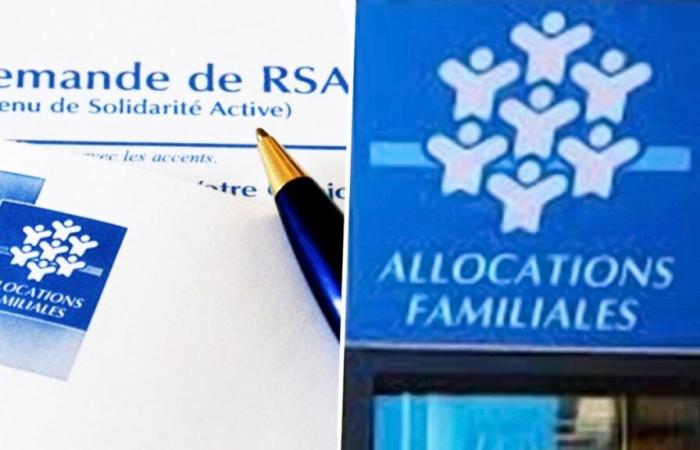Hide summary
January 1, 2025 marks a turning point for RSA recipients. The Active Solidarity Income is being reformed and now imposes stricter rules for those who wish to continue to benefit from it. These new conditions particularly affect beneficiary engagement. They also concern the way in which they will have to prove their involvement in the search for a return to employment.
One thing is certain: to receive the RSA, it will now be necessary actively participate in professional integration activities. So, what does this mean in concrete terms for beneficiaries? Decryption.
The RSA, conditional aid
Since its creation, the RSA has allowed people without resources to guarantee a minimum income for themselves and their family. This support, which varies depending on the composition of the household, is aimed at people aged 25 and over. It also concerns young people aged 18 to 24 under certain conditions.
However, from 2025, a major change is taking place. First, to receive the RSA, everyone knows that you have to register with France Work. But the biggest change concerns this obligation through a “engagement contract”.
To have
The 71 departments where CAF could suspend RSA payment from January 1
The new rules of the game for receiving RSA
From the start of the year, any RSA recipient, or anyone wishing to benefit from it, will be assigned a personalized “action plan”. This plan includes, among other things, an obligation to carry out between 15 and 20 hours of activities per week.
The objective is to strengthen the professional integration of beneficiaries. In fact, the government wants to motivate them to actively participate in training, company immersions or even associative activities.
Please note, however: these hours of activity do not correspond to paid employment or voluntary work. In other words, these hours aim to help beneficiaries progress towards employment without penalizing them through paid activity.
This can, for example, include preparation for a driving license, professional training, or even supported job searches. THE job interviews can also be taken into account when calculating hours of activity.
What are the consequences in the event of non-compliance?
While some may welcome this reform and the opportunity to be more supported in their integration journey, others fear sanctions. Indeed, beneficiaries who do not respect these new conditions risk seeing their RSA suspended.
To have
Increased RSA: the conditions for benefiting from this aid from CAF and the amount you can receive
A retroactive suspension may even apply from the first half of 2025. It’s a change that can be scary, especially for the most vulnerable.
However, arrangements exist for certain specific situations. THE people with disabilitiesfor example, or those who do not have childcare solutions for their childrenmay benefit from exemptions. These adjustments will therefore aim to avoid penalizing those who are already in difficult situations.
The RSA, between benefits and challenges
The experiment carried out in 49 departments in 2024 shows rather positive results. 54% of recipients would have found a job at some point. However, this reform is not unanimous.
The Catholic Relief warns against the increase in the rate of non-take-up of RSA. The latter actually increased by 10.8% in the departments experiencing the new rules. A situation which could harm those who, despite their efforts, are unable to enter the job market.






